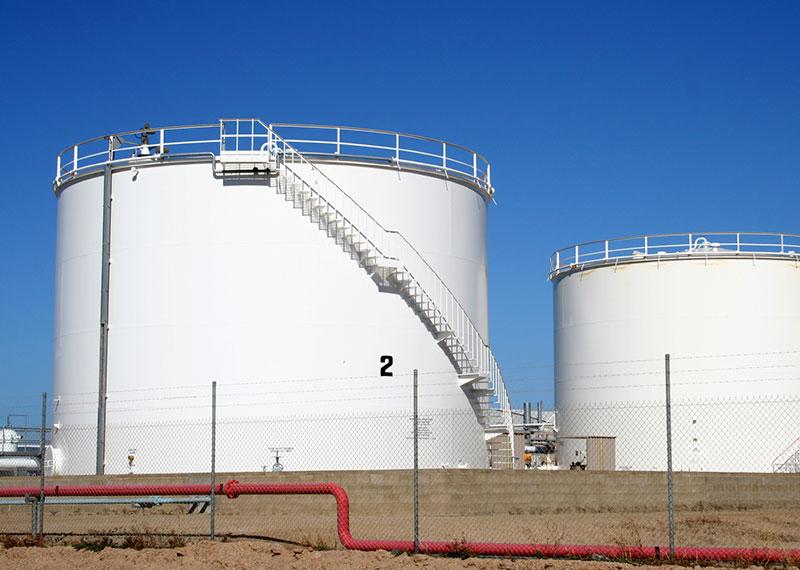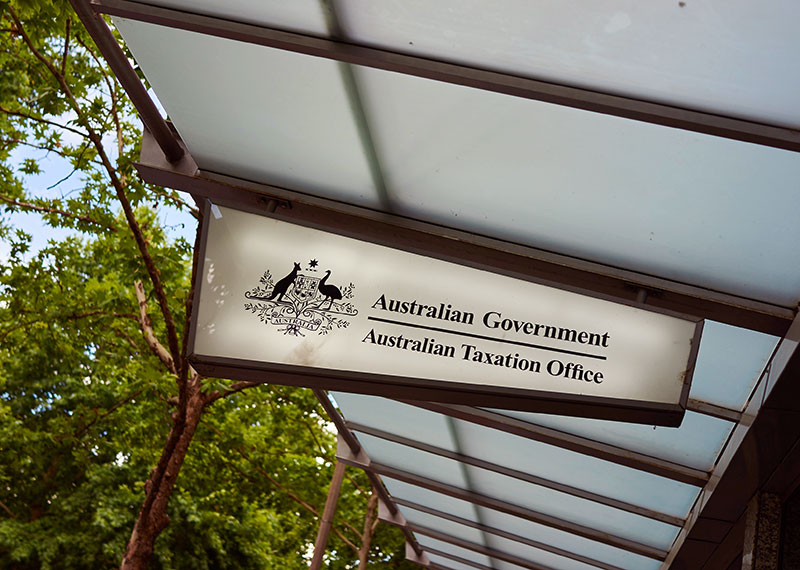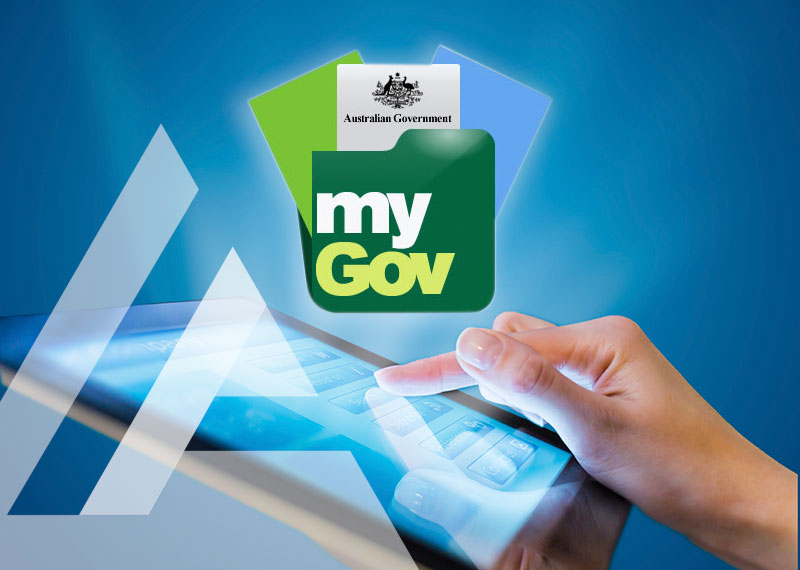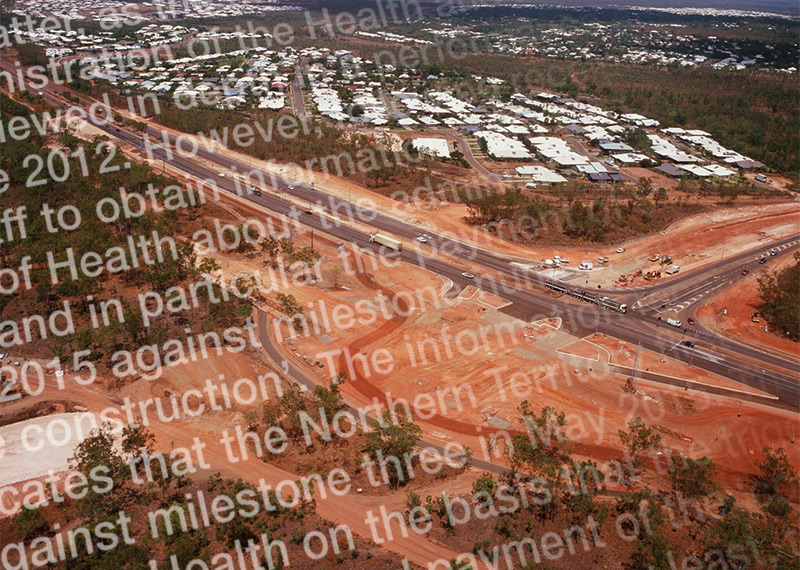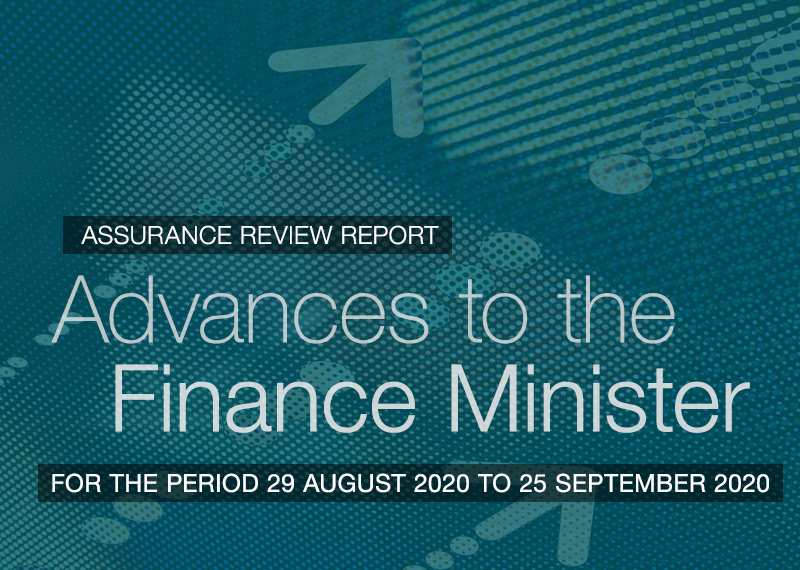Browse our range of reports and publications including performance and financial statement audit reports, assurance review reports, information reports and annual reports.
The Auditor-General responded on 29 July 2021 to correspondence from Ms Michelle Rowland MP and Senator Kimberley Kitching dated 9 July 2021, requesting that the Auditor-General conduct an investigation to examine NBN Co Limited executive bonuses for the 2019–2020 financial year and the legitimacy of the underlying targets to which the bonuses were linked.
Please direct enquiries relating to requests for audit through our contact page.
The Auditor-General responded on 5 July 2022 to correspondence from the Hon Richard Marles MP dated 31 May 2022, requesting that the Auditor-General conduct an investigation to review the Workforce Australia procurement processes.
Please direct enquiries relating to requests for audit through our contact page.
The Auditor-General responded on 22 June 2021 to correspondence from Mr Jason Falinski MP dated 27 May 2021, requesting that the Auditor-General conduct an investigation to examine concerns raised by Mr Falinski's constituent regarding the louvre windows selected by the appointed company for the Department of Defence building project — Cook and Tiroas Barracks, Vanuatu.
Please direct enquiries relating to requests for audit through our contact page.
The objective of this audit was to assess the effectiveness of the Tertiary Education Quality and Standards Agency’s (TEQSA’s) regulation of higher education.
Please direct enquiries through our contact page.
The Auditor-General responded on 31 August 2020 to correspondence from Mr Stephen Jones MP dated 5 August 2020, requesting that the Auditor-General review the integrity and performance of the Government’s early release scheme for superannuation, as established through the Coronavirus Economic Response Omnibus Package Act 2020.
Please direct enquiries relating to requests for audits through our contact page.
The objective of the audit was to assess the effectiveness of the Australian Broadcasting Corporation’s (ABC’s) management of complaints.
Please direct enquiries relating to potential audits through our contact page.
The objective of the audit was to assess the effectiveness of the Department of the Prime Minister and Cabinet’s management of initiatives to supply low aromatic fuel to Indigenous communities.
Please direct enquiries relating to reports through our contact page.
The objective of the audit was to assess the effectiveness of the Department of Foreign Affairs and Trade’s delivery of services to Australians travelling or residing abroad.
Please direct enquiries relating to reports through our contact page.
The Auditor-General responded on 5 January 2021 to correspondence from Ms Kristy McBain MP dated 14 December 2020, requesting that the Auditor-General review the governance and outcomes of a 2019 tender process seeking leased office accommodation for the Department of Defence.
Please direct enquiries relating to requests for audit through our contact page.
The objective of the audit was to assess whether the Australian Taxation Office and the Department of Agriculture have effectively administered the Farm Management Deposits (FMD) Scheme.
Please direct enquiries through our contact page.
The audit objective was to assess the effectiveness of Health's implementation of the Diagnostic Imaging Review Reform Package, some three years into the five year reform period.
Please direct enquiries relating to reports through our contact page.
The objective of the audit was to assess progress in implementing the corporate plan requirement under the Public Governance, Performance and Accountability Act 2013.
Please direct enquiries relating to reports through our contact page.
The objective of the audit was to assess the effectiveness of the design and conduct of the third and fourth funding rounds of the Regional Development Australia Fund.
Please direct enquiries relating to reports through our contact page.
The objective of the audit was to assess the Australian Customs and Border Protection Service's administration of the Tariff Concession System.
Please direct enquiries relating to reports through our contact page.
The objective of the audit was to assess the effectiveness of the Australian Taxation Office's activities to promote employer compliance with Superannuation Guarantee obligations.
Please direct enquiries relating to reports through our contact page.
The objective of the audit was to assess the effectiveness of the Department of Human Services’ implementation of myGov as at November 2016.
Please direct enquiries relating to reports through our contact page.
The audit objective was to assess the effectiveness of the Department of the Environment and Energy's award of funding under the 20 Million Trees Programme.
Please direct enquiries relating to reports through our contact page.
The Auditor-General responded on 27 October 2025 to correspondence from Senator Andrew Bragg dated 10 October 2025, requesting that the Auditor-General undertake a performance audit into the Housing Australia Future Fund availability payments.
Please direct enquiries through our contact page.
The audit objective was to assess the Office of the Commonwealth Ombudsman's effectiveness in managing complaints.
Please direct enquiries through our contact page.
Response completed as a limited scope assurance review.
The Auditor-General responded on 14 January 2016 to correspondence from the Hon Catherine King MP on 22 October 2015, on the project agreement for the Health and Hospitals Fund – 2010 Regional Priority Round Project in Palmerston.
Please direct enquiries relating to requests for audit through our contact page.
The Auditor-General responded on 22 October 2021 to correspondence from Senator Mehreen Faruqi dated 27 September 2021, requesting that the Auditor-General conduct an investigation to examine the administration of the Australian Research Council's funding application processes.
Please direct enquiries relating to requests for audit through our contact page.
The Auditor-General undertook a limited assurance review of the Department of Finance’s reporting and administration of the Advances to the Finance Minister (AFM) for the Period 29 August 2020 to 25 September 2020.
Please direct enquiries through our contact page.
The Auditor-General responded on 23 November 2017 to correspondence from Senators Abetz, Paterson and Reynolds dated 27 October 2017, requesting that the Auditor-General undertake an examination of the administration and governance arrangements relating to the Student Services and Amenities Fee (SSAF). Following a request from Senator Abetz on 17 January 2018 for a more detailed response, the Auditor-General followed-up on 5 April 2018.
Please direct enquiries relating to requests for audit through our contact page.
The audit objective was to assess the effectiveness of the management of international travel restrictions during the COVID-19 pandemic.
Please direct enquiries through our contact page.
The audit objective was to assess the effectiveness of the Department of Communications and the Arts’ contract management of selected telephone universal service obligations.
Please direct enquiries relating to reports through our contact page.
The objective of the audit was to assess the effectiveness of the Department of the Prime Minister and Cabinet’s management of the Australian Government’s Register of Lobbyists.
Please direct enquiries through our contact page.
The objective of this audit was to examine the effectiveness of the Department of Defence’s development and implementation of Australia’s approach to providing military assistance to the Government of Ukraine.
Please direct enquiries through our contact page.
The Australian National Audit Office provided a submission on 10 November 2017 to the statutory review of the Public Governance, Performance and Accountability Act 2013 (PGPA Act) and Public Governance, Performance and Accountability Rule 2014 (PGPA Rule).
Please direct enquiries through our contact page.
The objective of this audit was to assess the effectiveness of Finance’s administration of travel entitlements provided to Parliamentarians.
Please direct enquiries relating to reports through our contact page.
The Auditor-General responded on 21 March 2025 to correspondence from Ms Kylea Tink MP dated 28 February 2025, requesting that the Auditor-General conduct an investigation to examine the defence export permit approvals process.
Please direct enquiries through our contact page.


